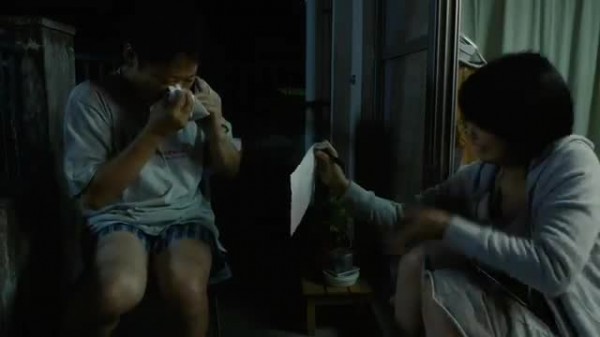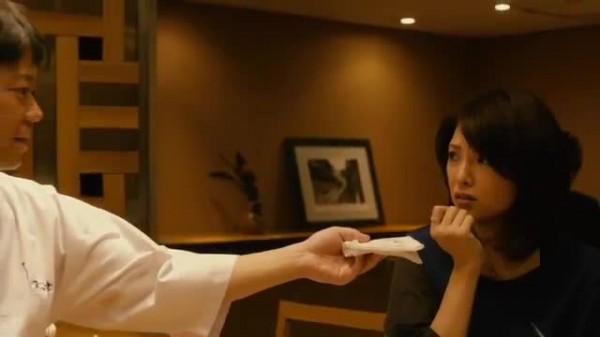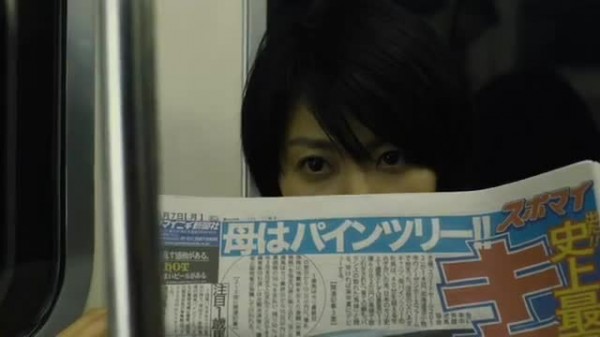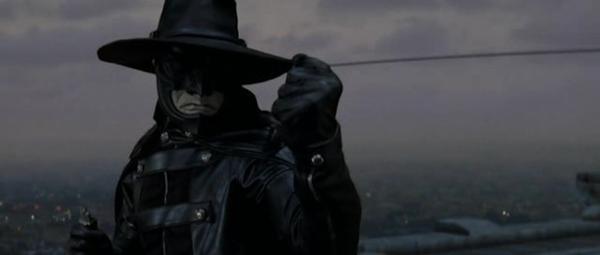


K-20: Legend of the Mask
aka K-20: Kaijin niju menso den

2008
Directed by Shimako Sato

In a world where Japan avoided going to war with the US, the Meiji Era nobility continues to exist in 1949. This has created a huge divide between the rich and the poor in the capital city of Teito. Yes, Teito. Stay with me here. No social mobility leads to a massive poor underclass and a tiny fraction of superrich. This playland for the rich is not without costs, as a masked villain known as K-20, the Fiend with 20 Faces, drives fear in their hearts as he steals their money. K-20 is not a noble thief or a Robin Hood, he is just a jerk who robs jerks.
There are also police zeppelins that drop police gyroplanes, because that always happens in comic books.

Series creator Edogawa Rampo is a popular horror and mystery writer whose work has been turned into cinema since 1927. After WWII, most samurai and similar films were banned, and Edogawa Rampo’s vast contemporary work was quickly put on the big screen. The K-20 stories originate in a Boy Detectives series launched in 1936 that lasted 26 years. Edogawa Rampo’s character of The Fiend With Twenty Faces is a mysterious master of disguise, and Detective Kogoro Akechi is called Rampo’s alter ego. Other early Rampo films include 1946’s The Palette Knife Murder (Palette Knife no Satsujin) and 1947’s Ghost Pagoda (Yurei To) and Phantom With Twenty Faces (Kaijin Nijumenso), which is the same Phantom story that inspired the novel this film is based on.

Said novel is the 1989 work from playwright Soh Kitamura, which updates the classic Rampo Akechi tales. Kitamura’s completely new take on the tale caused much controversy among Rampo Edogawa’s fans, much like many remakes.
More about Edogawa Rampo: Yes, Edogawa Rampo is not his real name, Taro Hirai named himself after Edgar Allen Poe! His first writing successes were in 1923, his erotic horror style is called eroguro-nansensu. Other Rampo stories on film include 1969’s The Blind Beast (Moju), 1969’s The Horror of Malformed Men (Kyofu Kikei Ningen), 1976’s The Stroller in the Attic (Yaneura no Sanposha) and 1968’s Black Lizard (Kurotokage). Rampo eventually became a character in mystery films of his own, in the movie Rampo (and this film has two wildly different versions.)
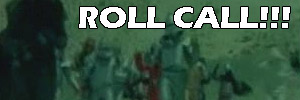
 |
Heikichi Endo (Takeshi Kaneshiro) – A poor circus acrobat finds himself framed and in the middle of a giant conspiracy involving super-criminal K20. Totally hates thieves, until he becomes one. Takeshi Kaneshiro is half-Japanese and half-Chinese, and shows up in both Japanese and Chinese films, including the recent The Warlords and Red Cliff. |
 |
Detective Kogoro Akechi (Toru Nakamura) – Baron Detective Kogoro Akechi is the nemesis of K20. Has fought him for years, but has a terrible secret. Toru Nakamura was last seen on TarsTarkas.NET in 2009: Lost Memories |
 |
Yoko Hashiba (Takako Matsu) – Duchess Yoko Hashiba is the daughter of a creator of a device based on Tesla’s work, as well as a privileged aristocrat who realizes that society is corrupt after seeing the truth. And she likes to fly gyroplanes! Takako Matsu is a hard working actress/singer/theater actress in Japan and is the only idol to never have to wear a swimsuit. |
 |
Genji (Jun Kunimura) – Circus gadget maker and thief, who pals around with theives. Helps rescue and save Heikichi, in addition to making him tools to help him get back at K20. Jun Kunimura is probably best known to western audiences as Boss Tanaka in Kill Bill or Funaki in Ichi The Killer. |
 |
Yoshio Kobayashi (Kanata Hongo) – Boy assistant to Akechi who is part of a Junior Detectives squad which is related to the original serialized stories but only make a brief cameo in the film. Can figure out insanely complicated plots with little or no clues. |
 |
Shinsuke (Yuki Imai) – kid friend of Heikichi who worked at the circus until the police destroyed it and he had to get a job being an orphan who takes care of dozens of other kids. Helped out by Yoko Hashiba once she realizes not everyone is rich. |
 |
K20 – The Fiend With Twenty Faces – Kaijin means Fiend, thus the K for K20. Or maybe he is the 20th K. Brother of Special K. A thief who steals from the rich and also from the poor, and is a jerk. Just be a Robin Hood thief like you should be, dingleberry! |
|

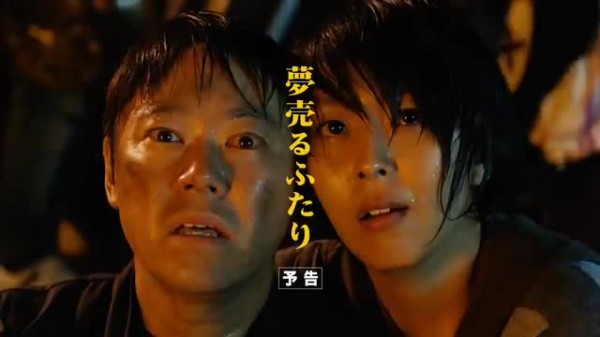
![]()
